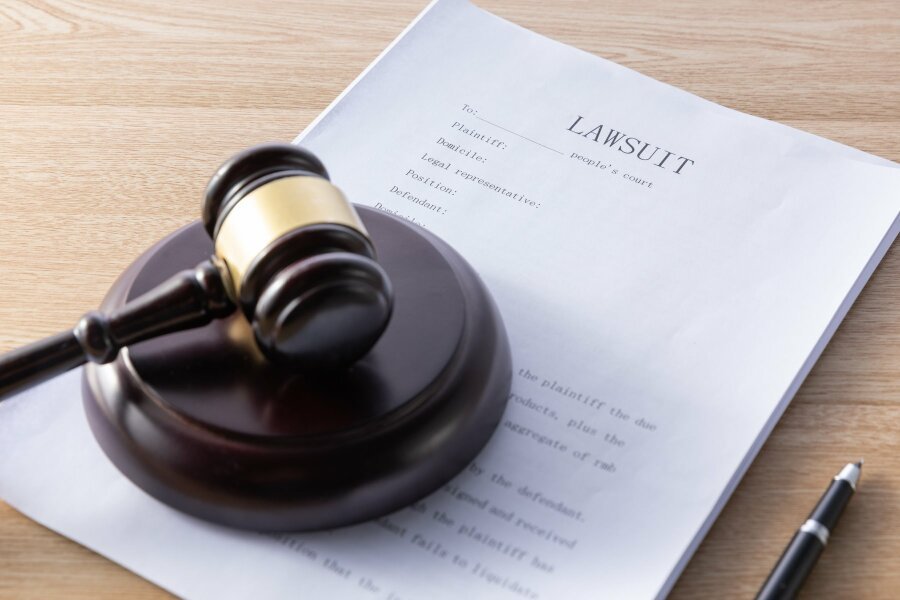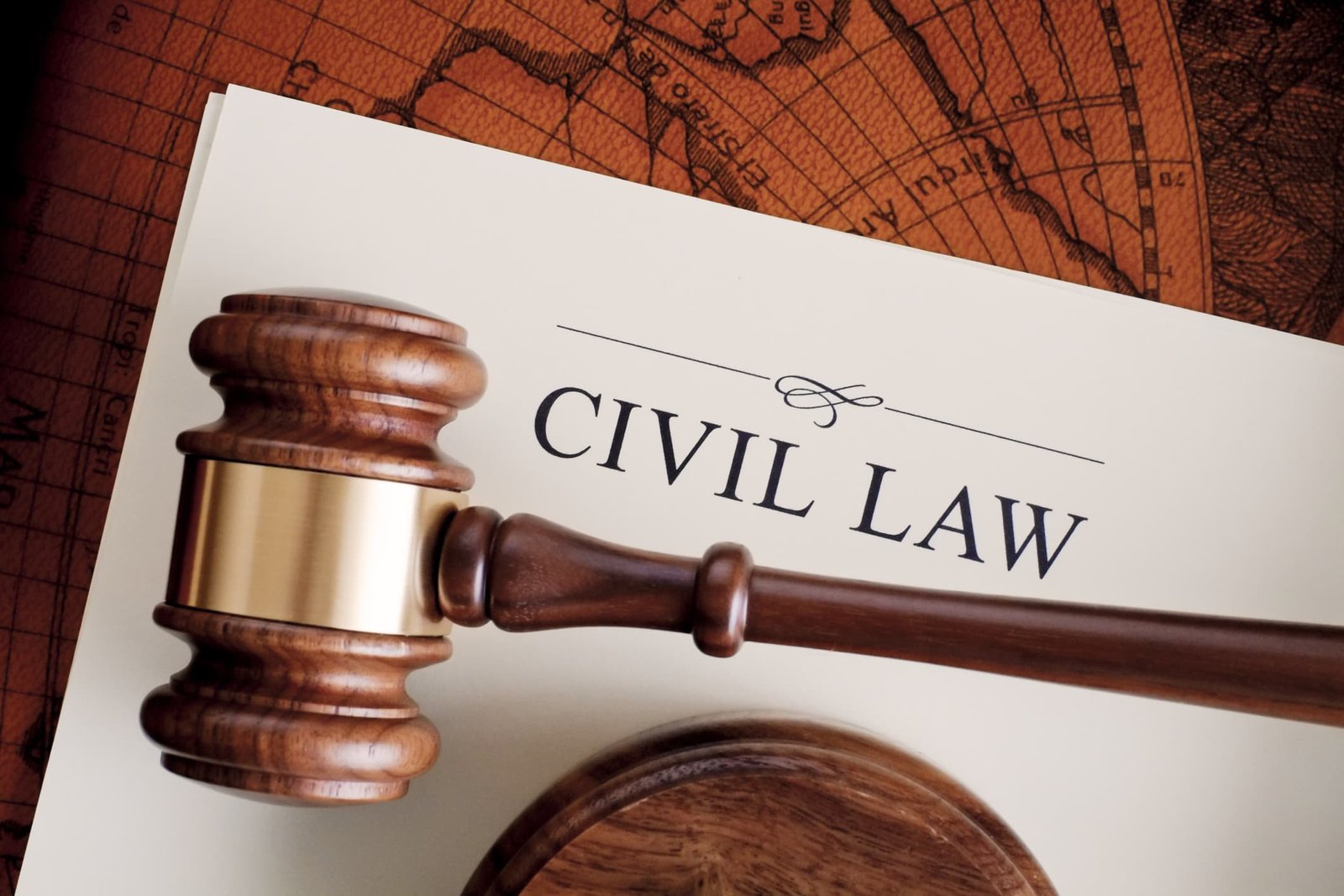Preparing for a civil trial involves meticulous planning, thorough research, and strategic thinking. Whether you are a plaintiff or a defendant, effective trial preparation can significantly influence the outcome of your case. This guide provides a comprehensive overview of the steps you should take to prepare for a civil trial, from gathering evidence to understanding courtroom procedures.
Understanding the Trial Process
Before diving into the preparation steps, it’s crucial to understand the basic structure of a civil trial. The trial typically consists of the following phases:
- Jury Selection (if applicable)
- Opening Statements
- Presentation of Evidence
- Witness Testimony and Cross-Examination
- Closing Arguments
- Jury Deliberation (if applicable)
- Verdict and Judgment
Gathering Evidence

1. Collecting Documents
Gather all relevant documents that support your case. This may include:
- Contracts and Agreements: Any written agreements related to the dispute.
- Correspondence: Emails, letters, and other communications.
- Financial Records: Invoices, receipts, bank statements, and financial reports.
- Medical Records: If applicable, medical documents that support claims of injury or damages.
2. Organizing Evidence
Organize your evidence systematically to ensure easy access during the trial. Create a detailed index and categorize documents by type and relevance.
Preparing Witnesses
1. Identifying Witnesses
Identify individuals who can provide testimony that supports your case. Witnesses may include:
- Eyewitnesses: Individuals who directly observed the events in question.
- Expert Witnesses: Professionals who can provide specialized knowledge and opinions.
- Character Witnesses: Individuals who can attest to the credibility and character of the parties involved.
2. Conducting Witness Interviews
Interview your witnesses to gather their statements and understand the details they will provide during testimony. Prepare a list of questions to ensure you cover all necessary information.
3. Preparing Witnesses for Testimony
Prepare your witnesses for their courtroom appearance by:
- Reviewing Their Statements: Ensure they understand their statements and the key points they need to emphasize.
- Mock Questioning: Conduct mock questioning to familiarize them with the types of questions they may face from both your attorney and opposing counsel.
- Courtroom Demeanor: Advise witnesses on appropriate courtroom behavior, including how to address the judge and jury.
Developing a Trial Strategy
1. Crafting Your Narrative
Develop a clear and compelling narrative that tells your side of the story. Your narrative should:
- Highlight Key Facts: Emphasize the most critical facts that support your case.
- Address Weaknesses: Acknowledge and address any weaknesses in your case proactively.
2. Formulating Legal Arguments
Work with your attorney to formulate strong legal arguments that support your claims or defenses. Research relevant case law, statutes, and legal precedents to bolster your position.
3. Preparing Opening and Closing Statements
Prepare persuasive opening and closing statements that summarize your case, outline your key arguments, and leave a lasting impression on the judge or jury.
Understanding Courtroom Procedures
1. Familiarizing Yourself with the Courtroom
Visit the courtroom before the trial to familiarize yourself with the layout and procedures. This can help reduce anxiety and improve your comfort level during the trial.
2. Knowing Courtroom Etiquette
Understand and adhere to courtroom etiquette, including:
- Dress Code: Wear appropriate and professional attire.
- Addressing the Court: Know how to address the judge, jury, and opposing counsel.
- Behavior: Maintain a respectful and composed demeanor at all times.
3. Practicing Testimony
Practice delivering your testimony with your attorney. Focus on speaking clearly, confidently, and truthfully. Be prepared to answer questions from both your attorney and the opposing counsel.
Preparing for Potential Outcomes
1. Settlement Possibilities
Be open to settlement discussions at any stage of the trial preparation process. Sometimes, reaching an agreement outside of court can be more beneficial than proceeding with the trial.
2. Post-Trial Considerations
Prepare for the possibility of appeals or post-trial motions. Understand that the trial’s outcome may not be the final resolution and that further legal actions may be necessary.
Conclusion
Preparing for a civil trial requires careful planning, strategic thinking, and thorough preparation. By gathering and organizing evidence, preparing witnesses, developing a strong trial strategy, and understanding courtroom procedures, you can increase your chances of achieving a favorable outcome. Remember to work closely with your attorney throughout the process to ensure you are fully prepared for your day in court.










